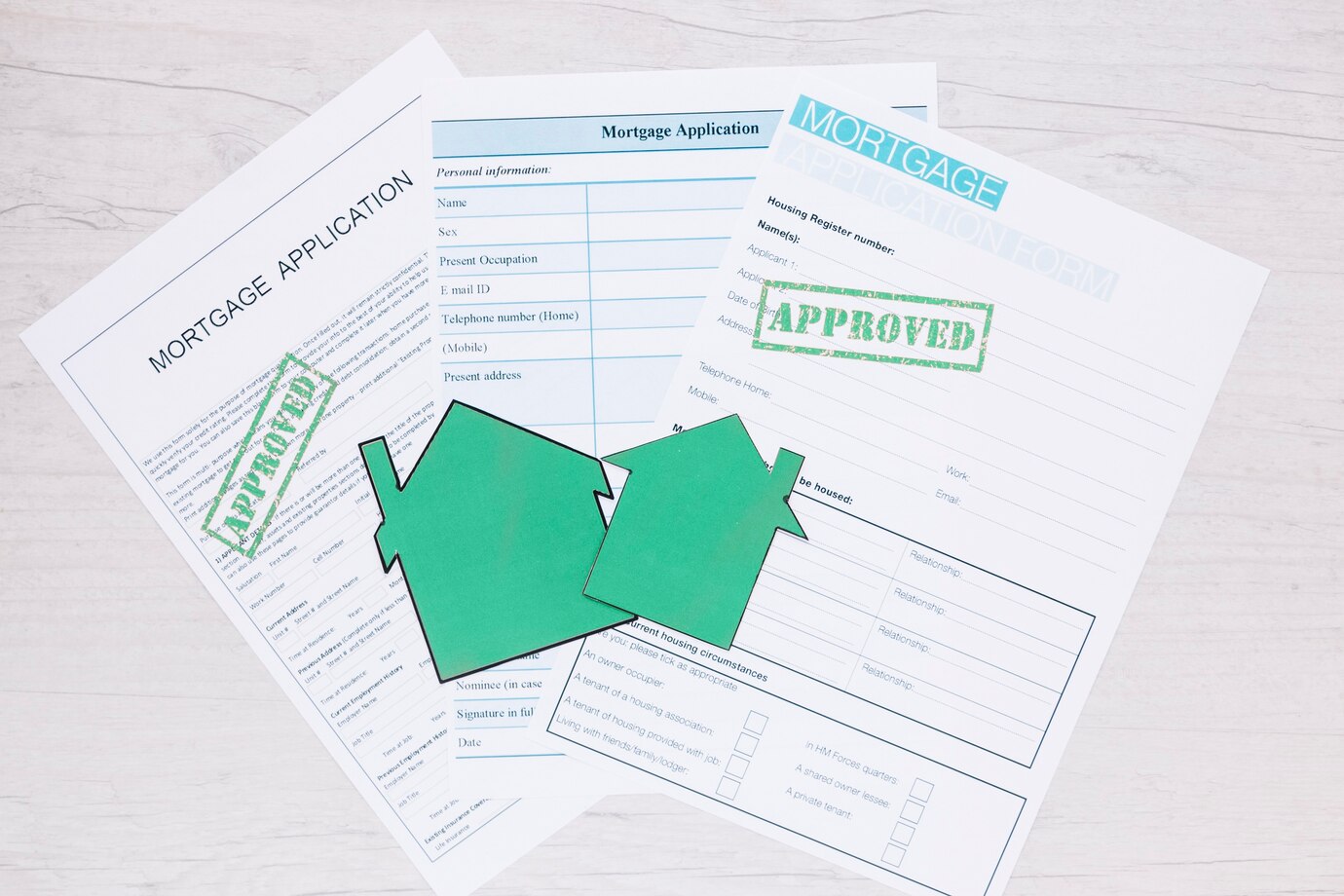Are wills signed in other states valid in Arizona? Learn about the validity of out-of-state wills in Arizona. Discover the legal considerations and requirements for ensuring cross-border testamentary documents. Include reference to the legal code.
Understanding the Legal Validity of Out-of-State Wills in Arizona
When it comes to wills signed in other states, one common question that arises is whether these documents hold validity in Arizona. Understanding the legal implications of out-of-state wills is crucial for individuals who have assets in multiple states or are considering relocating to Arizona. Let’s delve into the key considerations and requirements to ensure the validity of cross-border testamentary documents.
Legal Framework for Recognizing Out-of-State Wills
Arizona, like many other states, has adopted the Uniform Probate Code (UPC) to govern probate matters, including the recognition of out-of-state wills. According to the UPC, a will that is validly executed in another state will generally be recognized as valid in Arizona, provided that it meets certain criteria.
Requirements for Validating Out-of-State Wills
-
The will must comply with the laws of the state where it was executed.
-
The will must meet the formalities required for a valid will in Arizona.
-
The testator must have had the requisite mental capacity at the time of executing the will.
-
There should be no evidence of fraud, undue influence, or coercion in the creation of the will.
Legal Considerations for Out-of-State Will Execution
It is essential to understand that while Arizona may recognize out-of-state wills, certain legal considerations must be taken into account to ensure their validity. One crucial aspect is the choice of law provision, which determines the governing law of the will. Including a choice of law provision in the will can help clarify any ambiguity regarding which state’s laws apply.
Consultation with Legal Professionals
Given the complexities involved in cross-border estate planning, consulting with legal professionals who specialize in probate and estate law is highly recommended. An experienced attorney can provide valuable guidance on drafting and executing wills that comply with both out-of-state requirements and Arizona laws.
Ensuring Compliance with Arizona Legal Code
Arizona Revised Statutes Title 14 (Trusts, Estates, and Protective Proceedings) outline the legal provisions governing wills and probate in the state. Understanding the specific requirements set forth in the Arizona legal code is essential for ensuring the validity of out-of-state wills in Arizona.
Key Takeaways
-
Out-of-state wills can be valid in Arizona if they meet certain criteria and comply with Arizona laws.
-
Consulting with legal professionals is crucial for navigating the complexities of cross-border estate planning.
-
Understanding the Arizona legal code is essential for ensuring compliance with state laws.
Final Considerations for Cross-Border Testamentary Documents
As individuals increasingly hold assets in multiple states, the recognition of out-of-state wills has become a pertinent issue. By understanding the legal framework, requirements, and considerations for cross-border testamentary documents, individuals can ensure the validity and enforceability of their estate plans in Arizona.
Buried in Work’s Additional Resources
Buried in Work provides Arizona state-specific service provider directories and information related to estate preparation, end-of-life tasks, and estate transition information. Click here to learn more.
If you have feedback, questions, or ideas for future articles or Information Hubs, please contact us. Your insights help us create valuable content.


